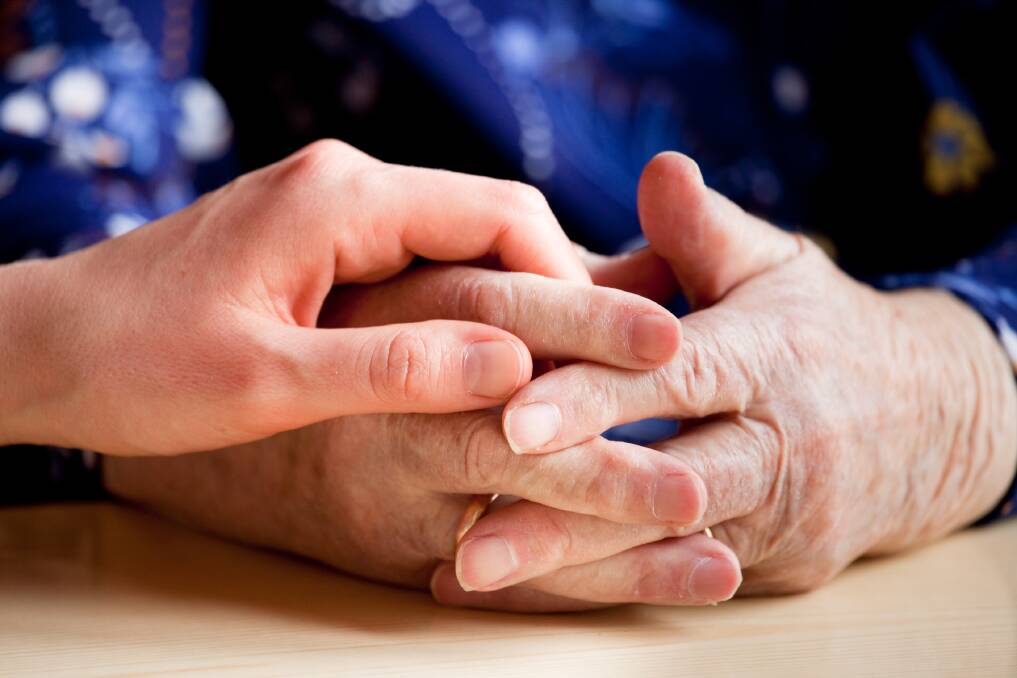Advertising feature
Subscribe now for unlimited access.
or signup to continue reading

Survivors of child abuse now have more legal avenues available to them, however the first step, seeking advice, is often deeply stressful. ''People who have suffered as children or teenagers find it very difficult to talk about what has happened to them,'' says Julie Wyatt, solicitor director of Wyatts Compensation Lawyers.
The thought of engaging a lawyer can seem overwhelming. To assist in the process, the Wyatts team is trained to be trauma-sensitive. ''We think that to establish a solid relationship of trust is paramount in these cases,'' she says. ''We are careful in taking our client's history, ensuring that the process is as comfortable and easy as possible. When we are satisfied we have a sufficiently detailed history, we can talk about the different options that are open to them.''
This advertising feature is supported by the following business. Click the link to learn more:
As a result of the Royal Commission into Institutional Responses to Child Sexual Abuse, the time limit on bringing claims has been removed. This is appropriate given that, on average, men wait about 30 years to talk about the abuse they have suffered, and women about 20 years. Additional legal changes have made it possible to attach greater responsibility and accountability to churches and other religious organisations. ''In the past, churches managed to escape liability through their very structures, but now the legal framework has changed dramatically in favour of the survivors."
People seeking compensation for abuse suffered can lodge a claim through the National Redress Scheme or make a civil claim in court. Wyatt says many people see the redress scheme as an option because it is a no-risk, administrative, on-paper process. ''However, the application is 40 pages long and [the scheme] has serious delays,'' she says. ''And once you accept an offer through the scheme you can't take court action, so it is important for people to get legal advice before they take that step.'' The redress scheme launched in July 2018 and as of February this year had received more than 2700 applications and made about 50 payouts, averaging $78,000. Wyatt describes this as ''quite slow''.

Moreover, she says, the settlements achieved through civil action are typically larger. ''When you sue in the courts, you claim for non-economic loss - pain and suffering - and for counselling and medical needs, but you can also claim for loss of wages.'' The law firm tries to promote mediation and informal settlements, she says. ''Our goal is to achieve the best possible outcome for our clients,'' Wyatt says. ''Compensation can't make up for what has happened, but it is a recognition that they have been through this, and gives them some closure and an option for different avenues in life ahead.''

